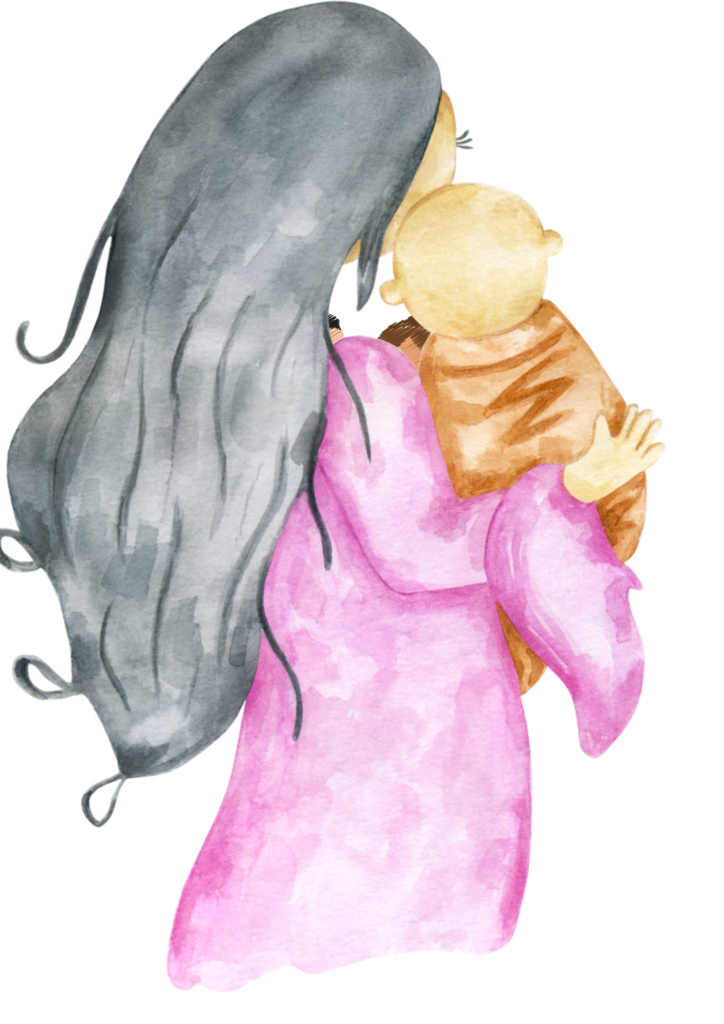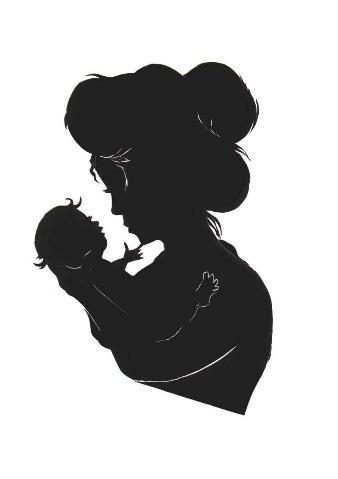And other unhelpful questions and advice for new parents

Babies are wonderful beings that can bring society together and promote compassion and comradery, but they also, for some reason, lead to some of the most inappropriate and invasive questions and unhelpful advice. I’m a mum of two small children and for both of my babies, the most common questions (from friends, family, and even complete strangers who approached me in shops) were; ‘is he a good baby?’ and ‘does he sleep?’. I have yet to find another circumstance outside of having children where people feel entitled to ask so many questions or give so much advice.
Let’s take the first question;
I’m curious to know what constitutes a ‘good’ baby. As far as I’m aware, neither of my babies had committed any heinous crimes at that age, and they also hadn’t developed the personality for me to know whether they were horrible human beings. I’m unsure what the purpose of the question is here, but it is one I have been asked repeatedly over the years. I’d like to assume it is people wanting to be curious about how the parent is doing and being unsure what to ask, but the question can feel really hard to answer. Imagine that you’re really struggling with your newborn; perhaps they have colic, are not sleeping, and are crying a lot. Perhaps you are questioning why parenting your baby right now is so tough, and doing anything is a challenge. Would you feel comfortable saying that to a stranger in a supermarket? Would calling them a ‘bad’ baby help you to feel better, or perhaps add to feelings of guilt? In contrast to this, what if your baby is really laid back and has been feeding well and not too fussy. Maybe you see this as a ‘good baby’, but parenting any baby is really tough and perhaps acknowledging that you have what you see as an ‘easy’ baby makes you feel bad for still finding parenting hard regardless (because it really is!). These questions can also be followed by people making comparisons and either telling you about how they have had things a lot worse, or by them emphasising how ‘bad’ they feel your situation is. Society really seems to like to place terms like ‘good’ and ‘bad’ on babies and this can be one of the many ways in which we see others placing judgements and expectations on both our babies and our parenting choices. Parenting is really daunting and leads to a lot of guilt and a lack of confidence to many of us, so one of the ways in which we can help new parents (and not so new ones too) is to try and be mindful about what we say to them and whether this is helpful or not. Some of these parents might have found it incredibly hard to get out of the house and these types of conversations can make them feel worse.
Now let’s talk about ‘does he sleep?’
Sleep is such a huge topic of conversation for new parents, one you can’t really avoid. Parenting classes, online groups, forums, even people you meet on the street- all will talk about sleep. This is because babies don’t sleep well as a general rule and, as people who really like to have enough sleep to function, we are desperate to look for answers about what is ‘normal’ and how to get more sleep. This seems to be worsening in recent years, where society and the emergence of businesses aimed at getting babies to sleep, have really pushed the idea that sleep is something that babies should be able to do consistently and independently from a very young age, and that you are parenting ‘badly’ or have something ‘wrong’ with your baby if not. This is absolutely not the case. Babies are not supposed to sleep the way that we do and the hours that we do. It is absolutely developmentally normal to have broken sleep that needs supporting for a while in babies. It is actually a safety mechanism, for babies to wake frequently in the night and cry for us to ensure they are safe as well as to foster secure attachments. The more we talk about sleep and compare babies, the more we increase these incorrect assumptions, which lead to more frustration and doubt in ourselves. When people ask us about how the baby is sleeping, we just contribute to this topic even more. What might be more helpful is assuming that the new parent’s sleep is broken and letting them vent if they need to, and helping them to validate that this is normal and adjust their expectations so they can adapt their lifestyle to what works for them with the broken sleep they might get for now.
By people pushing these unrealistic expectations, I often hear of parents spending hours of frustration making changes to try and encourage sleep and leading to feelings of helplessness, rather than them believing that this is normal and so spending short bits of time encouraging naps and then moving back to playing with the baby when it doesn’t work, to try again 20 minutes later. What can make the sleep question even more difficult is how often it is followed by advice that hasn’t been asked for and that can often be unhelpful. If a parent asks you for tips about sleep then, by all means, offer any tips you have heard of have found helpful, but please also follow it up with some reassurance that they are doing a great job and that this is all normal. If they haven’t asked for tips and advice, then they may just want to vent to get some reassurance or not even want to discuss sleep in the first place. Even parents who are confident in their approach to sleep can start to doubt themselves or feel invalidated if they get given advice that goes against this when they haven’t asked for it.
The above are just two of the thousands of questions we get as parents that can increase our doubt and impact on how we feel. I’m wondering why we feel the need to ask about these things, rather than praising parents for what they are doing. Perhaps next time you see a new parent in a coffee shop, you could just smile and strike up a conversation asking how old the baby is and give them a bit of praise to help them to feel less alone? You could even take it a step further and volunteer to help them carry their tray to a table at a coffee shop or unload their trolly. I would like to also encourage us all to think about when we give advice to new parents in general; have they asked for advice? Have they said they would like ideas of how to fix something or would they perhaps just like to talk or have a coffee together? Lastly, have you used the incredibly unhelpful ‘you think this part is hard, just wait until…. and if so, what do you think that might do to the anxiety levels of parents struggling to figure out this new way of life and those who feel like they’re already drowning? All of these things can have a huge impact, and it doesn’t take much for us to pause before we start to offer advice, make these statements, or ask these questions, so we can be more mindful of what we are doing and so that we can be a generally more supportive society.
If you are a parent finding things tough, and things like those described above have led you to doubt yourself more, please know that you aren’t alone. Parenting is hard! Finding your identity as a parent is an ever-evolving process and it can be filled with self-doubt and a lot of stumbles along the way. Unfortunately, our society isn’t really designed to be supportive of this right now but this isn’t a reflection on you or how you parent.
Hopefully we can raise awareness of these things and help our society to change them one step at a time starting with not asking people these questions. As for you, please reach out for support if you need it (through your GP, midwife, health visitor, or private support services) and try to surround yourself with people who you can be authentic, where you can share thoughts and worries without unhelpful comments and unsolicited advice.


Thank you, for giving voice to the thoughts and feelings of many a parent and let’s hope more conversations like this reduce unnecessary, unhelpful, mentally damaging, unsolicited advice x